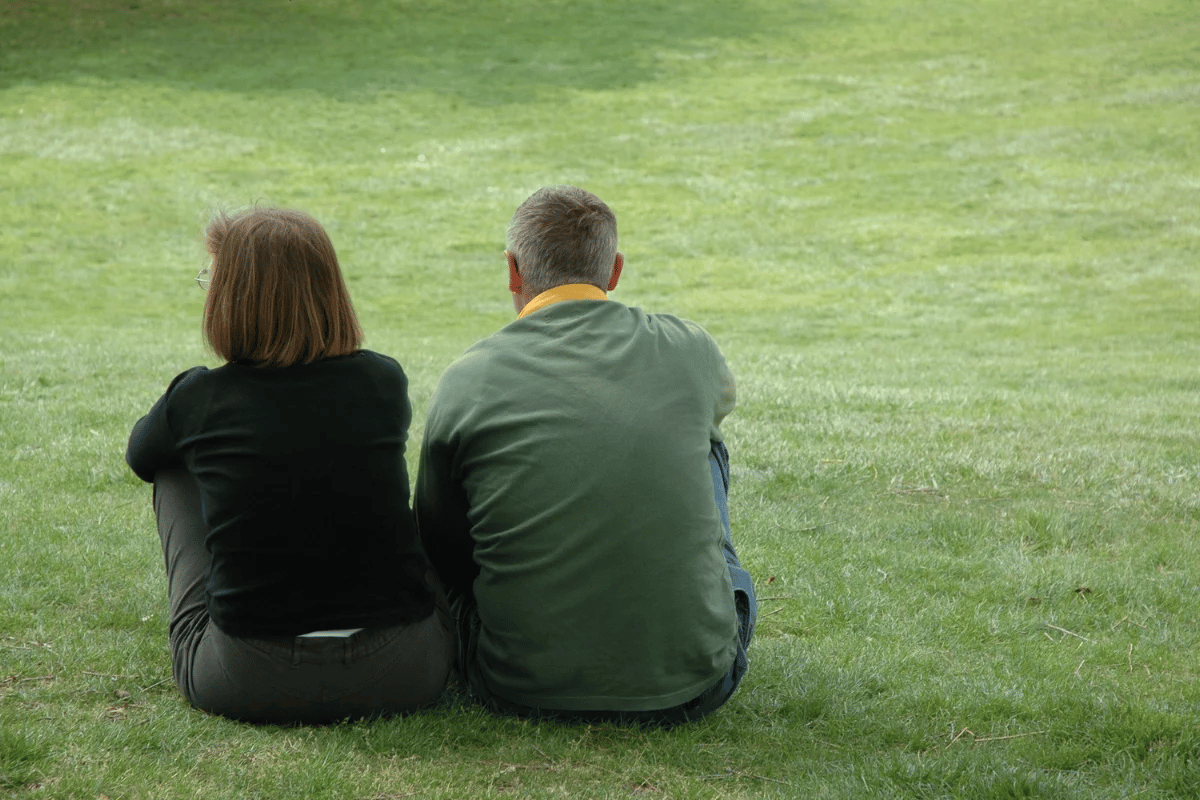
"It felt like someone put my heart in a blender and literally kicked me in the gut as hard as they could."
On what should have been a joyous evening with friends, Sarah's* world was sent spinning by one comment from her husband, Sean*.
Watch: How to deal with loss or grief of loved ones. Post continues after video.
For Sarah — who thought she'd never get married due to her "horrible" luck with men — finding Sean was like striking gold. Yes, he had been in love before, but everyone had a past, right?
"[His first wife] was his high school sweetheart," Sarah shared on the Reddit forum Am I The Asshole. "They started dating in their junior year of high school, they survived long distance in college, and then they got married when they were 23."
Three years later, Sean's first wife unexpectedly died of an aneurysm at the age of 26.
"He was obviously devastated," Sarah said. "Especially because they were so young at the time. They never had children."
At the time, Sean believed he would never find love again, but four years later, he met Sarah. After dating for a few years, the couple got married when he was 34 and she was 31.





























































































